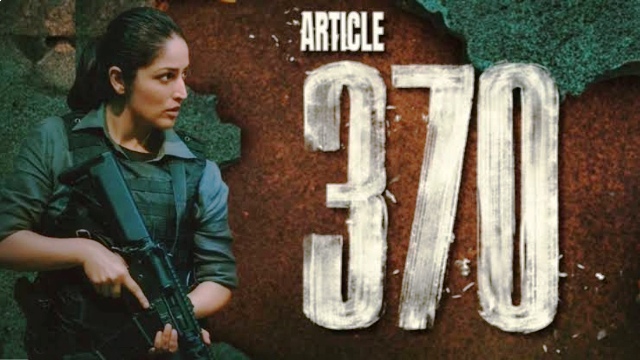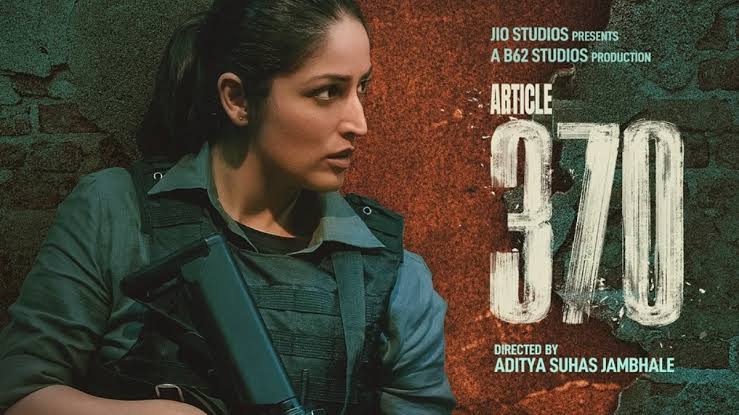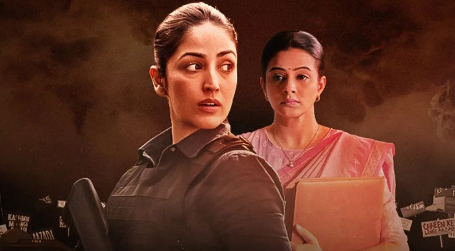Article 370 opens with a chunky disclaimer. You know how it goes. “This film is inspired by true incidents that have been documented in the public domain… it is a work of fiction… this film is not a documentary.”
Then it tries to be one. We get sepia-toned shots of India after independence, as an Ajay Devgn voiceover enlightens us on the history of Article 370. How it has been the major hurdle in the development of Kashmir. Yes, Nehru is blamed.
But don’t mistake this film to be your run-of-the-mill propaganda. It isn’t caricaturish or unintentionally funny (maybe, a little bit). Villains don’t chant ‘manzil’ and ‘maqsad’ or tear at goat legs. Meet Zooni Haksar (Yami Gautam Dhar), a Kashmiri intelligence operative, who doesn’t play by the rules. She is hiding painful memories of her father dying by suicide after being framed for a bank scam. Zooni is the Kashmiri representative, who has been personally affected by the banes of Article 370.
The special status prevented her father’s “killers” from being put on trial by the Indian state. The Article, which was once called the “only bridge between India and Kashmir”, is reduced to being nothing more than a protective shield for militants, separatists and crony politicians. Terrorism is not a retaliation but merely a business in the Valley. Article 370 tries to be a complex film, but is unwilling to delve into the complexities of a conflict.









